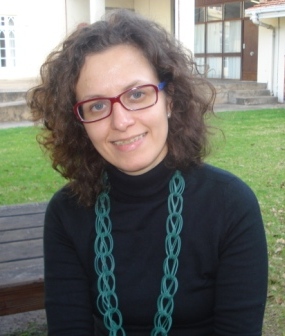
Dr Antonadia Borges recently delivered her paper, “We have never been modernist: youth and the politics of memory in Brasilia”, as the concluding event of the departments of Sociology and Political Studies’ Critical Studies Seminar series for the first semester.
Dr Borges, a Brazilian anthropologist who has done extensive research in both Brazil and South Africa, spoke about the complexities involved in the divergent life experiences and memories of youth in Brazil.
Her paper, which was based on the research findings of a research project conducted on youth in Brazil, focused on understanding how young people “without history”, having descended from parents who were migrants from the countryside who reached Brasilia looking for a better life, narrate their memories and imagine their futures against all the social and epistemological prejudices that confront them.
Dr Borges said she realised that many youth could not relate to the mainstream history of Brazil, having had such vastly different experiences of life based on the geographical and socio-economic positioning in society. “If there’s no mention of local history then children feel very vulnerable when they go to particular institutions, such as universities. The successful students who have gone to university are ones that can talk about their pasts and can face different people,” she said.
Dr Borges said the notion of the core and periphery underlies many experiences of Brazilian youth, “But a lot of the youth rejected the notion of the periphery, because they believe it implies a universality of poverty. They believe it implies, ‘the poor are the same, wherever they are’, so we had to find other ways of understanding it and working with the ideas,” she said.
Dr Borges said the role of narrative, discourse and language played a significant role in the research and emerged as significant findings. She said her research has found that processes of oppression are still taking place in Brazil in the name of the great reasons suggested in the 1950s, and that developmental discourse is still silencing divergent voices there. “We need to develop a new language and craft new narratives, avoiding forms that are linear and segregationist and refusing cause and effect logic,” she said.
Her interest in the project stemmed from wanting to challenge certain paradigms that didn’t fit her work at the time, such as the notion of social reproduction.
Dr Borges also shared some of the methodological innovations the research team experienced during the research, such as having teen collaborators in the research team, and working with visual support, like artisanal photographs and digital video cameras.
Dr Borges currently teaches in Mexico. She writes from a feminist perspective.
Story and photo by Sarah-Jane Bradfield
